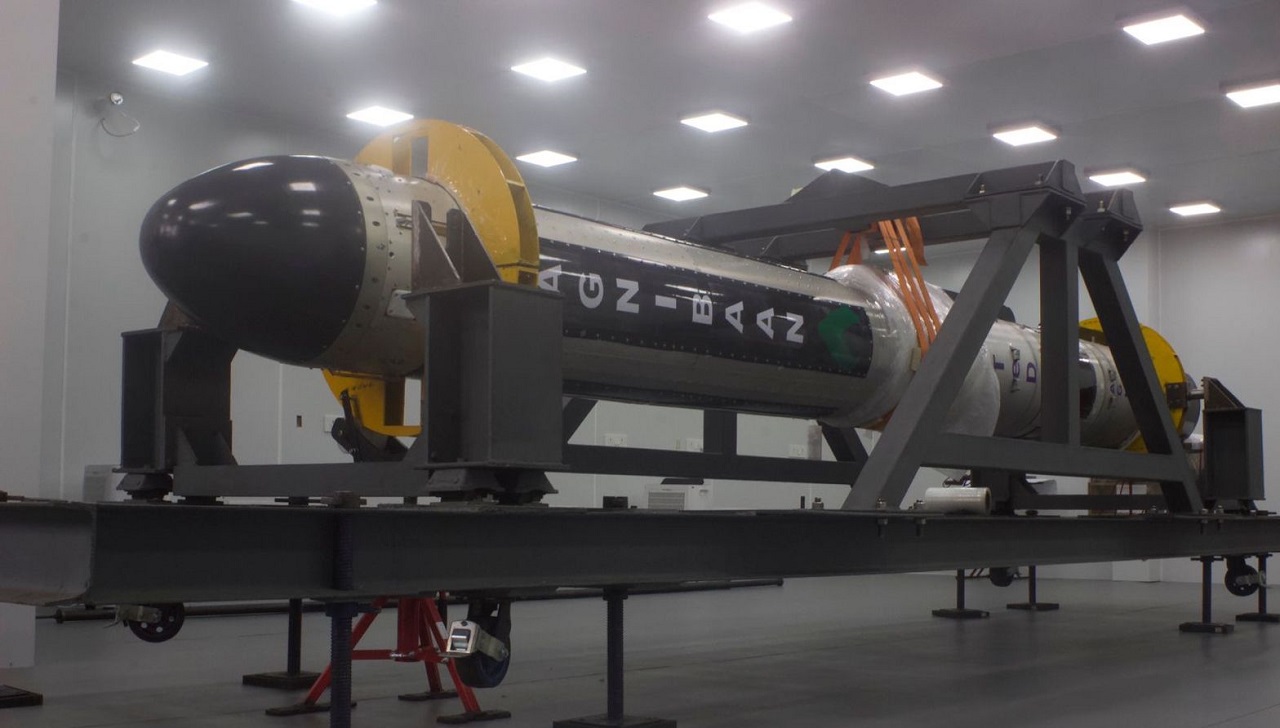In a landmark event for India’s burgeoning private space industry, Agnikul Cosmos successfully launched its SOrTeD mission, featuring a single-stage launch vehicle powered by a groundbreaking 3D-printed engine. This achievement marks a significant step in the development of indigenous space technology.
The mission, which lasted approximately two minutes, demonstrated the capabilities of Agnikul’s semi-cryogenic 3D-printed engine, Agnilet. The successful launch has been hailed as a major milestone by the Indian Space Research Organisation (ISRO), which congratulated the Chennai-based startup for its innovative efforts.
Initially scheduled for April 7 but postponed due to technical issues, the SOrTeD mission finally took off from India’s first private launchpad, ALP-01, at the Satish Dhawan Space Centre in Sriharikota. This historic launchpad is a testament to the growing role of private companies in India’s space sector.
The mission’s 6.2-meter-tall single-stage launch vehicle featured an elliptical nose cone and was equipped with advanced avionics architecture and autopilot software, all developed in-house by Agnikul Cosmos. The launch vehicle executed a series of precise maneuvers, including a pitch-over maneuver and wind biasing, before splashing down in the Bay of Bengal.
At the heart of this mission was the Agnilet engine, notable for being the world’s first single-piece 3D-printed semi-cryogenic rocket engine. The engine’s innovative design and manufacturing process represent a significant advancement in rocket technology, reducing the number of parts and potential points of failure.
The successful launch of SOrTeD positions Agnikul Cosmos as a key player in the multi-billion-dollar small satellite launch market. The data gathered from this mission will be instrumental in refining the development of the Agnibaan launch vehicle, which is designed to be highly customizable and capable of carrying a 300kg payload to a 700km orbit.

Agnikul Cosmos’ CEO, Srinath Ravichandran, expressed pride and optimism following the launch. “Today’s successful mission is a testament to the hard work and dedication of our team. We are thrilled to have achieved this milestone and are excited about the potential this opens up for the future of small satellite launches,” he said.
ISRO’s acknowledgment of Agnikul’s achievement underscores the importance of collaboration between public and private sectors in advancing India’s space capabilities. The launch also highlights the increasing role of innovation and new technologies in space exploration and satellite deployment.
The SOrTeD mission’s success is expected to attract further investment and interest in India’s private space industry, encouraging more startups to explore opportunities in space technology. Agnikul Cosmos, with its pioneering efforts and ambitious goals, is set to play a significant role in shaping the future of space exploration.
The Agnibaan launch vehicle, which will benefit from the data and insights gained from the SOrTeD mission, is poised to offer flexible and cost-effective solutions for satellite deployment. This capability is particularly crucial as the demand for small satellite launches continues to grow, driven by the need for global connectivity, earth observation, and scientific research.
Agnikul Cosmos’ successful launch of the SOrTeD mission marks a pivotal moment for India’s private space sector. With the introduction of the world’s first 3D-printed semi-cryogenic rocket engine, the company is not only setting new standards in innovation but also paving the way for future advancements in space technology. The achievements of Agnikul Cosmos serve as an inspiration and a catalyst for the continued growth and development of India’s space capabilities.







